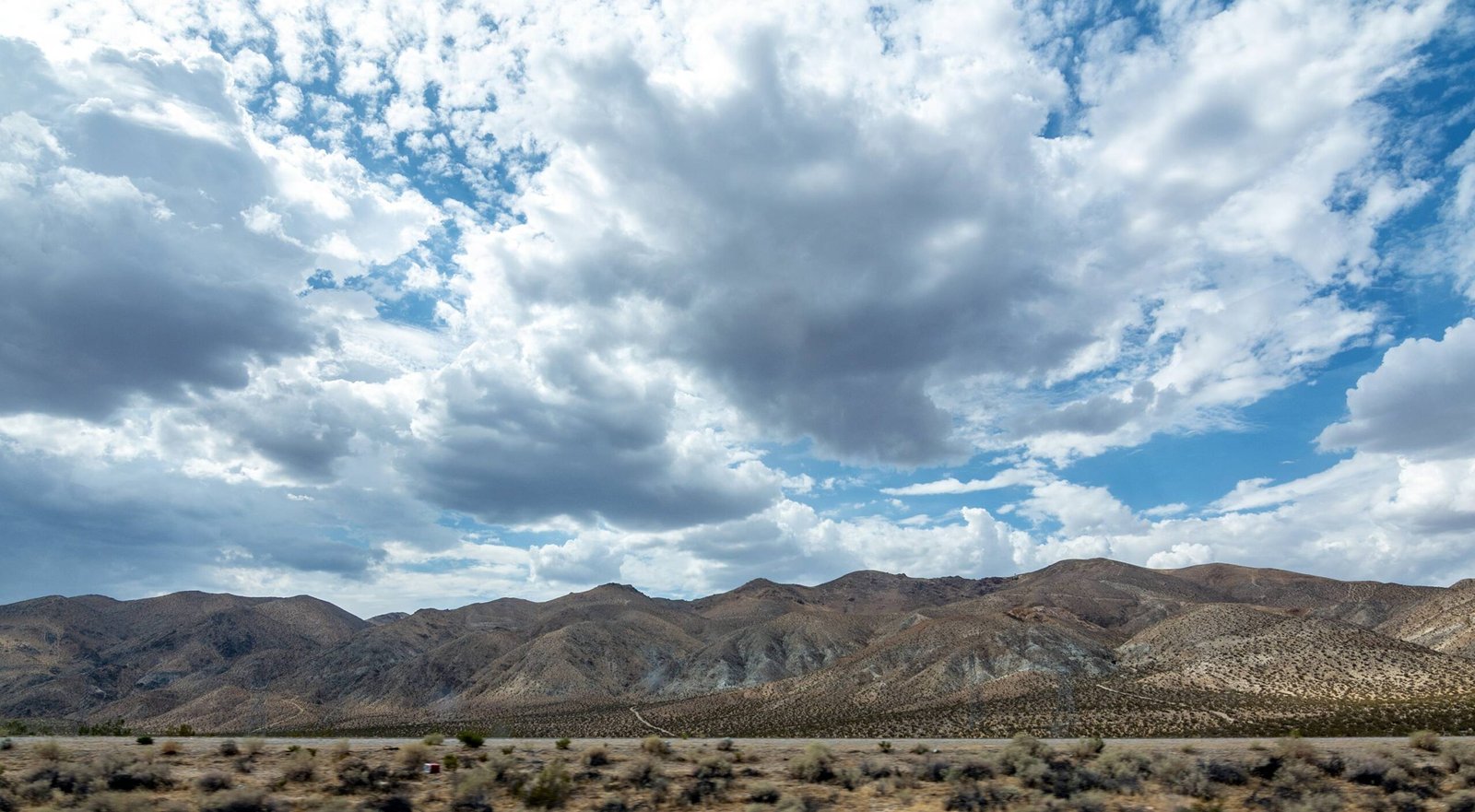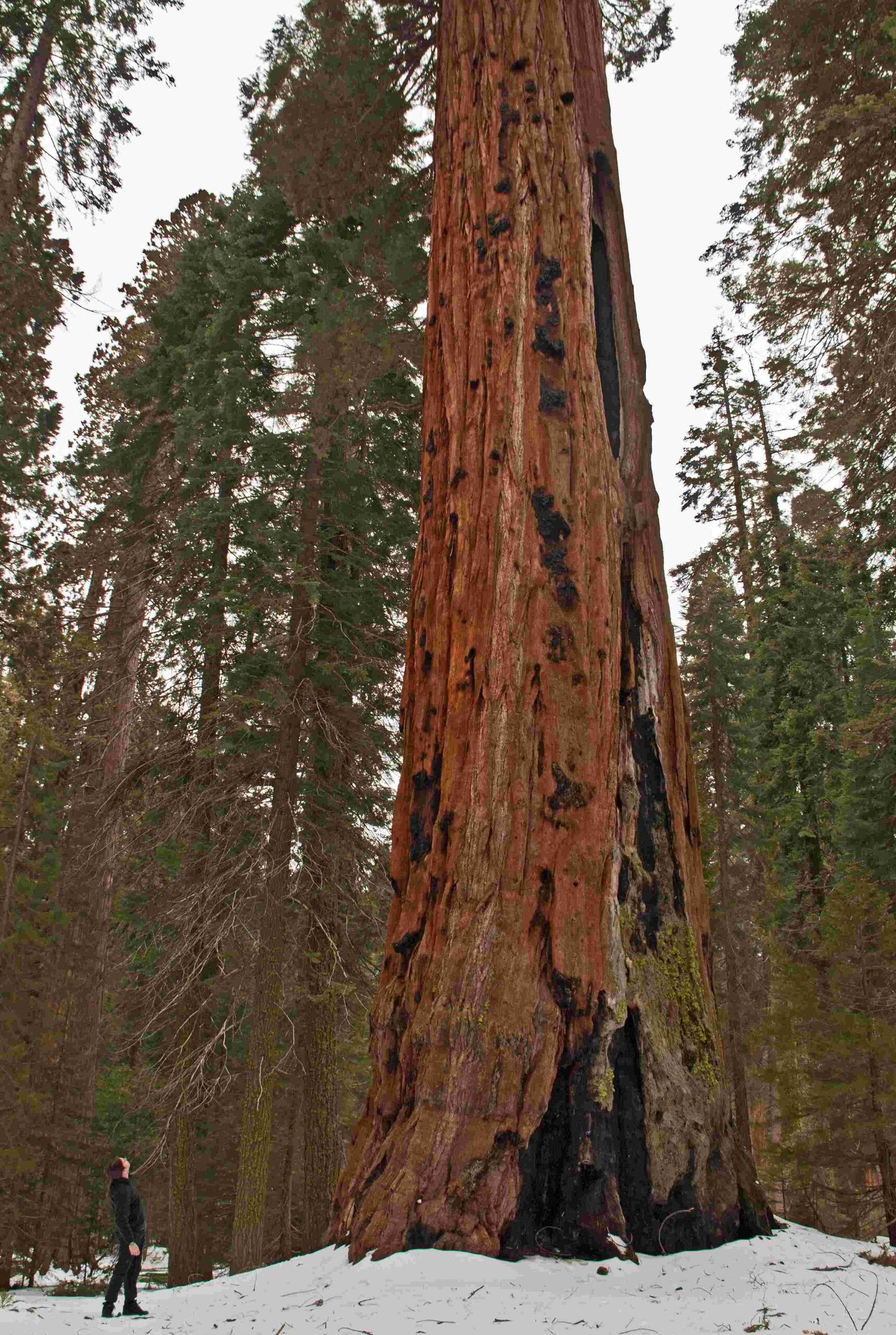Sequoia National Park water holes offer visitors a refreshing escape amidst the towering giants of the Sierra Nevada. These natural pools, fed by crystal-clear mountain streams, provide unique opportunities for swimming, relaxation, and exploration. From the popular Tokopah Falls to the sacred Hospital Rock, each water hole has its own distinct characteristics and charm. This guide delves into the specific locations, accessibility, and features of these hidden gems within the park.
What Are the Most Popular Sequoia National Park Water Holes?

- Tokopah Falls
- Location: 4.2-mile out-and-back hike from Lodgepole Campground
- Features:
- Stunning granite face with waterfall
- Multiple pools, including less crowded ones downstream
-
Terrain: 630 feet elevation gain, sun-exposed towards the end
-
Hospital Rock
- Location: Near Generals Highway, short walk from the road
- Features:
- Deep pools with crystal clear water
- Ancient Native American pictographs and mortar holes
-
Terrain: Rocky areas with tree-lined dirt trail and stone staircase
-
Three Rivers Entrance Swim Hole
- Location: Just inside the Three Rivers park entrance
- Features:
- Sandy bottom with shallow and deep areas
- Less crowded compared to other spots
- Terrain: Some steep stretches, small cascading waterfalls
How Accessible Are These Water Holes?

| Water Hole | Parking | Trail Length | Difficulty |
|---|---|---|---|
| Tokopah Falls | Lodgepole Campground | 4.2 miles round trip | Moderate |
| Hospital Rock | Near Generals Highway | Short, easy walk | Easy |
| Three Rivers Entrance | Visitors center lot | Short, some steep sections | Moderate |
What Are the Safety Considerations for Sequoia National Park Water Holes?
- Water Temperature: All water holes feature cold water due to mountain stream sources.
- Terrain Hazards:
- Slippery rocks around all water holes
- Sun exposure on Tokopah Falls trail
- Steep sections on Three Rivers Entrance trail
- Depth Variations: Be cautious of unexpected deep areas, especially at Hospital Rock.
- Currents: Exercise caution in moving water, particularly at Three Rivers Entrance.
- Crowds: Popular spots like Tokopah Falls can get crowded, affecting safety and experience.
How Do Seasonal Changes Affect Sequoia National Park Water Holes?
- Summer:
- Higher accessibility
- Colder water temperatures
- Potentially larger crowds
- Winter:
- Reduced accessibility due to snow
- Even colder water temperatures
- Fewer visitors
What Unique Features Do These Water Holes Offer?
- Tokopah Falls:
- Impressive granite backdrop
-
Multiple pool options for varied experiences
-
Hospital Rock:
- Historical significance with Native American artifacts
-
Crystal clear water in deep pools
-
Three Rivers Entrance:
- Sandy bottom for comfortable wading
- Variety of pool depths for different preferences
Are There Any Amenities Near These Water Holes?
- Tokopah Falls: Nearby Lodgepole Campground offers facilities
- Hospital Rock: Close to road, but no specific amenities at the site
- Three Rivers Entrance: Nearby visitors center and parking lot
What Should Visitors Pack for a Trip to Sequoia National Park Water Holes?
- Sunscreen (especially for Tokopah Falls hike)
- Adequate water supply
- Sturdy hiking shoes
- Swimwear and towels
- Camera for capturing scenic views
- First aid kit
- Snacks or picnic supplies
How Can Visitors Respect the Natural Environment at These Water Holes?
- Practice Leave No Trace principles
- Respect sacred sites, especially at Hospital Rock
- Avoid disturbing wildlife or plant life
- Use designated trails to prevent erosion
- Pack out all trash and belongings
What Are Some Lesser-Known Facts About Sequoia National Park Water Holes?
- Hospital Rock’s name originates from its use as a makeshift hospital during early park development.
- The Three Rivers Entrance swim hole is part of the Kaweah River system, which drains the western slope of the Sierra Nevada.
- Tokopah Falls is not a single waterfall but a series of cascades totaling about 1,200 feet in height.
How Do These Water Holes Contribute to the Park’s Ecosystem?
- Provide habitats for various aquatic species
- Support diverse plant life along the banks
- Contribute to the park’s water cycle and overall hydrology
- Offer natural erosion control through rock formations
By exploring these unique water holes, visitors can experience the diverse aquatic environments of Sequoia National Park while enjoying the refreshing mountain waters. Remember to always prioritize safety, respect the natural surroundings, and leave these beautiful spots as pristine as you found them for future generations to enjoy.
References:
1. YouTube – 3 Must Do Swim Holes in Sequoia NP
2. My Backyard and Beyond – The Foothills of Sequoia National Park
3. National Park Service – Water Resources Overview
